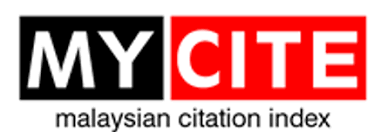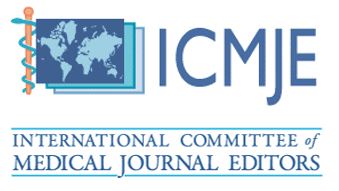Effects of Advanced Carbohydrate Counting Intensive Program (Accip) Via Whatsapp Group on Improving Glycaemic Control in Patients with Type 1 Diabetes (T1dm): A Retrospective Observational Study
DOI:
https://doi.org/10.51200/bjms.vi1.5031Keywords:
Advanced carbohydrate counting, T1DM, WhatsApp group, HbA1cAbstract
Advanced Carbohydrate Counting (ACC) is crucial for achieving optimal glycaemic control in T1DM. However, implementing ACC can be challenging, especially during the Covid-19 pandemic. Therefore, the Endocrine Unit at Hospital Queen Elizabeth II (HQEII) in Sabah, Malaysia, introduced the ACC Intensive Program (ACCIP) using Real-time communication via the WhatsApp Group platform. This collaboration effort involving clinicians, dietitians, pharmacists and diabetes educators aimed to remotely support T1DM patients with individualized diet consultations. The study assessed ACCIP’s effectiveness in enhancing glycaemic control in T1DM patients. A retrospective observational study included T1DM patients who participated in ACCIP between July 2020 and December 2022. Patients received standardized education from dietitians, incorporating their Insulin-to-Carbohydrate Ratio and Insulin Sensitivity Factor. Consistent meal photo uploads and carbohydrate counting for a minimum of two meals daily over seven days were required. Patients’ database from the Endocrine Unit provided demographic data and HbA1c results, analysed using SPSS software version 22. Paired T-tests compared HbA1c levels pre and 3-6 months post-ACCIP participation. Out of 118 patients in ACCIP, only 65 patients met the study requirements due to loss of follow-up. Among the 65 participants (34% male, 66% female, mean age 32), demographics included Bumiputera Sabah (78.5%), Chinese (16.9%) and Malay (4.6%) backgrounds. Residence was equally diverse, with 55.4% residing in districts and 44.6% in Kota Kinabalu. Occupation distribution was 58.5% employed, 16.9% housewives, 13.8% students and 10.8% unemployed. BMI analysis revealed 44.6% within the normal range, 24.7, obese, 21.5% overweight and 9.2% underweight. Significant improvement in glycaemic control was evident as HbA1c levels decreased from 9.67 ± 2.98% to 8.69 ± 2.26% (p=0.007). ACCIP effectively improved T1DM glycaemic control at HQEII, Sabah, Malaysia, showing promise in overcoming healthcare delivery challenges during the COVID-19 pandemic. Prospects include developing a dedicated mobile application for ACC, potentially amplifying accessibility and convenience for improved T1DM management outcomes.
Downloads
Published
How to Cite
Issue
Section
License
All articles are published under the Creative Commons Attribution-NonCommercial (CC BY-NC 4.0) license, enabling users to read, download, copy, distribute, and adapt the material for non-commercial purposes, provided proper credit is given to the original authors and the source. This model supports transparency, accessibility, and the global exchange of medical knowledge.








1.png)





